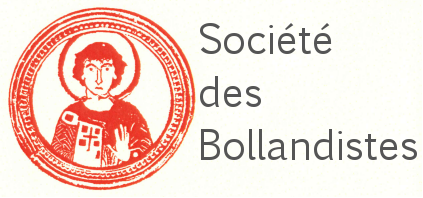Résumé :
[= Κῆπος ἀειθαλής. Studi in ricordo di Augusta Acconcia Longo, I, a cura di Francesco D’AIUTO, Santo LUCA, Andrea LUZZI]
This article offers a new edition of the letter of Basil Pediadites, metropolitan of Corfu, to Constantine Stilbes. The epistle is easy to date: Basil Pediadites became metropolitan of Corfu around 1201, and he wrote the letter two years after his departure from the capital (in 1203, certainly before the Crusaders’ arrival on the island in May of that year). The epistle deploys a series of topoi to describe the discomforts of those who live on the periphery of the empire and far from the capital. Pediadites complains of the poverty and ignorance of the Corfiots, the harshness of the landscape, and the wretchedness of the houses, as well as the impossibility of caring for one’s health in the absence of doctors. As is pointed out, these are topical issues that we find in other authors, all of whom consider distance from Constantinople to be an exile. However, the appointment of Pediadites as metropolitan of Corfu was not a punishment, and he was able to play a key role in the island even after the Fourth Crusade. Corfu and its archbishops were fundamental in the reorganization of the Greek Church in the area of the so-called Despotate of Epirus.







